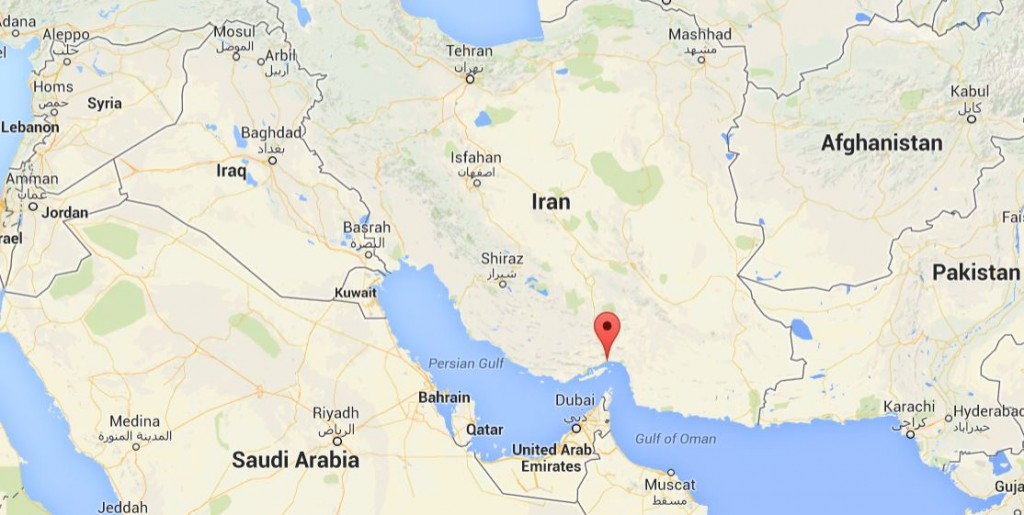Pakistan’s Punjabi Taliban to Cease Internal Attacks, Continue Them in Afghanistan
Although their first press release announcing their change in plans earlier this month got little fanfare, now that they have followed it up with a video (fortunately, there are no beheadings in the video), the Punjabi Taliban’s decision to cease violent attacks within Pakistan is being hailed as a “Watershed Event“:
“We have decided to give up militancy in Pakistan. I’ve taken the decision in the best interests of Islam and the nation. I also appeal to all other armed groups to stop violent activities in Pakistan,” Asmatullah Muaweya, the chief of the Punjabi Taliban, said in a three-minute video message released to the media on Saturday. He added that his group would now focus on Dawah (Islamic preaching) for the “supremacy of Islam and protection of the system.”
“I’ve taken the decision after consulting religious scholars and tribal leaders,” said Muaweya whose group had been blamed for several deadly attacks in the country, especially in Punjab. He also called upon other militant groups to renounce violence and come to the negotiating table as the country was passing through a critical juncture.
Nearly lost in this fanfare about renouncing violence inside Pakistan is that we learned, even in the earlier announcement, that violence by the group inside Afghanistan would continue:
“We will confine our practical jihadist role to Afghanistan in view of deteriorating situation in the region and internal situation of Pakistani jihadist movement,” Punjabi Taliban chief Ismatullah Muawiya said in a pamphlet faxed to the media, without clarifying further.
That part of the change in plans was not overlooked by Afghanistan:
“Pakistani Charge d’Affaires Syed Muazzam Shah was summoned to the Foreign Ministry on Sunday, and a strong protest was lodged over the declaration of war made by the Punjabi Taliban on the Afghan side of the Durand Line,” a Ministry’s statement said. The Dari-language statement was also emailed to The Express Tribune.
Abdul Samad Samad, head of political affairs in the Afghan foreign ministry, condemned the threats made by Muaweya, and described his remarks as “clear conspiracies against the stability and security of Afghanistan.”
“Such statements are against international laws and principles of good neighbourly relations,” the statement quoted the Afghan official as telling the Pakistani envoy.
The language gets even stronger from Afghanistan’s military:
In response to the assertions of the Punjabi Taliban, officials of the Afghan Ministry of Defense (MoD) have warned that any attacks on Afghanistan would face harsh response from the Afghan National Security Forces (ANSF).
“We have a death message for those who want to attack Afghanistan,” MoD spokesman Gen. Zahir Azimi said. “Afghanistan would be a cemetery for those who want to attack it.”
Further, Afghan politicians believe that they see the hand of ISI behind the move: Read more →



